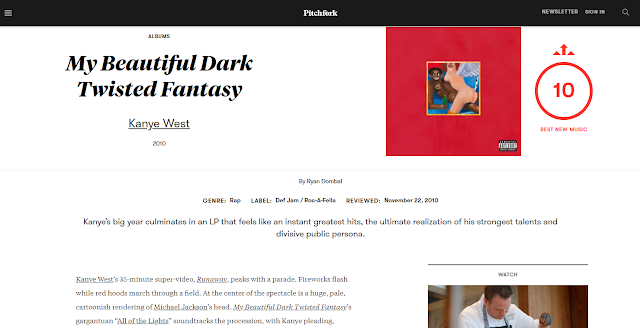March 1, 2024 in theaters.
New York Times - "The Man Who Finally Made a ‘Dune’ That Fans Will Love"
"An environmental fable, a parable of the oil economy, a critique of colonialism, a warning against putting your faith in charismatic leaders, “Dune” tells the story of Paul Atreides, an aristocratic teenager who travels to a distant land; joins with a desert people, the Fremen; becomes their messiah; and leads them into revolt against their colonial oppressors. Paul’s story recalls “Lawrence of Arabia” (Herbert was influenced by T.E. Lawrence), and “Lawrence” came to mind as I watched “Dune.” Each movie is a character-driven geopolitical epic, each was filmed in Jordan’s Wadi Rum and each is a spectacularly beautiful cinematic ode to the desert.
Villeneuve’s movies have often revisited desert landscapes: salt flats in Utah in his first movie, “Un 32 Août Sur Terre” (“August 32nd on Earth”); the Middle Eastern desert of “Incendies”; the Chihuahuan desert for “Sicario”; the sands under postapocalyptic fog shrouding Las Vegas in “Blade Runner 2049.” When he told me his impulse to make “Dune” was just a pretext to go back deep into the desert, he laughed. Villeneuve’s laughter, I would learn, often precedes statements of searching honesty. He loves deserts for the feeling of isolation they bring, he explained, how they “reflect your interiority, and the deeper you go in the desert, the deeper you go in yourself. That kind of introspection always had a very deep melancholic impact on me,” he added. “In the desert I feel strangely at home.” He drew a parallel with Paul Atreides, played by Chalamet in “Dune.” “When Paul is for the first time in contact with the desert,” Villeneuve explained, it “feels strangely familiar. That for me is the moment that deeply moves me. The fact that he is in a totally alien landscape, but he feels at home.”"
























